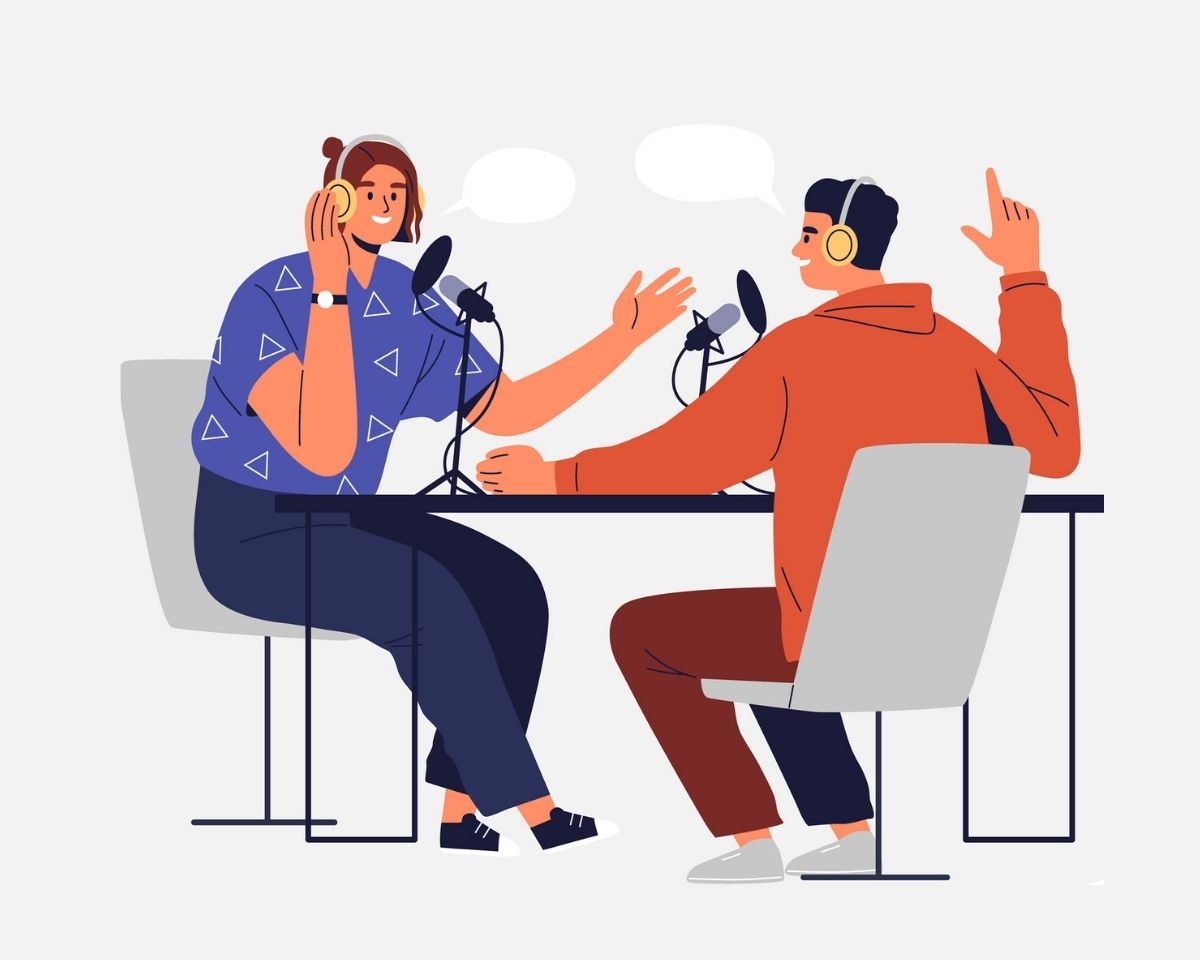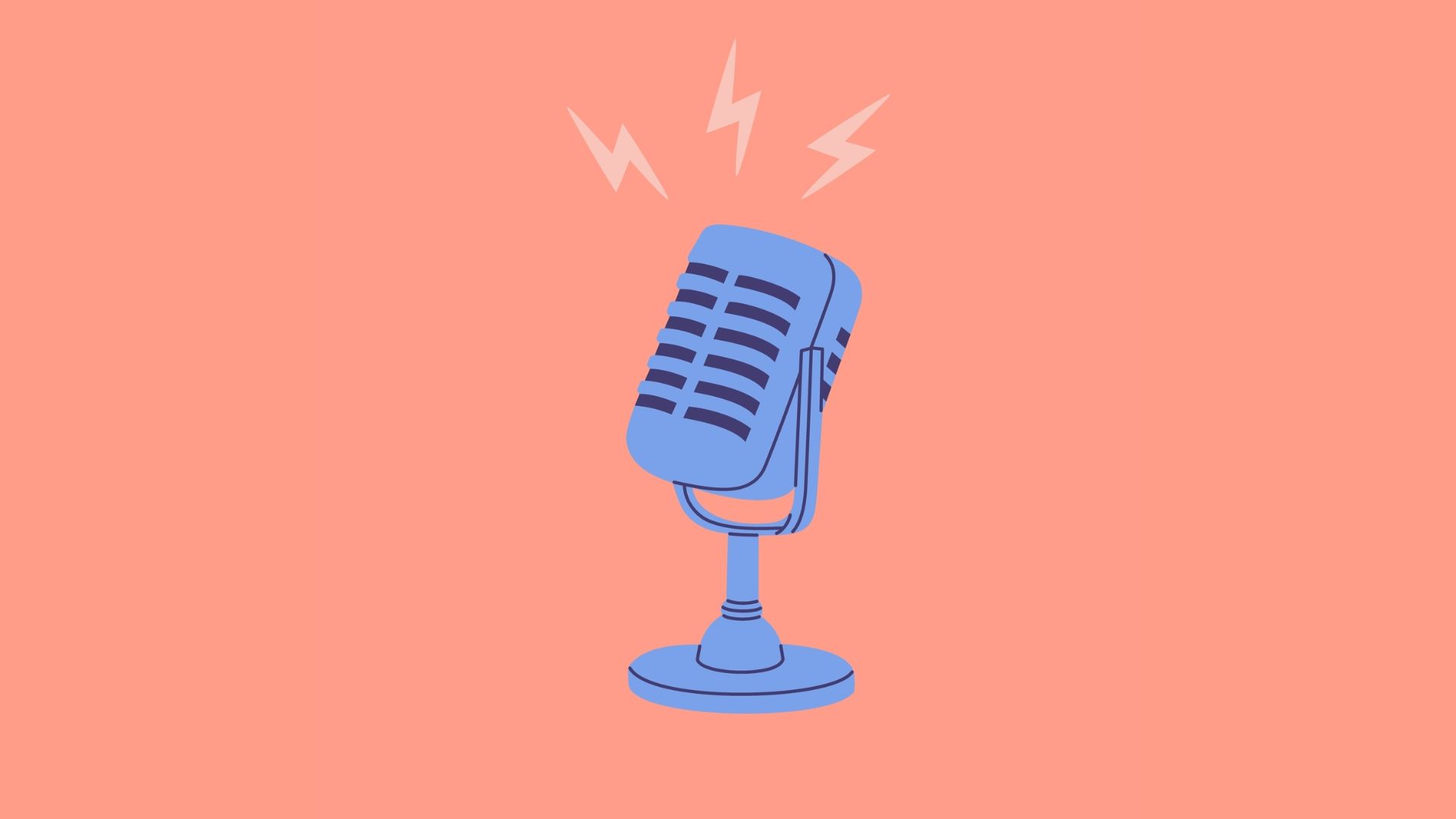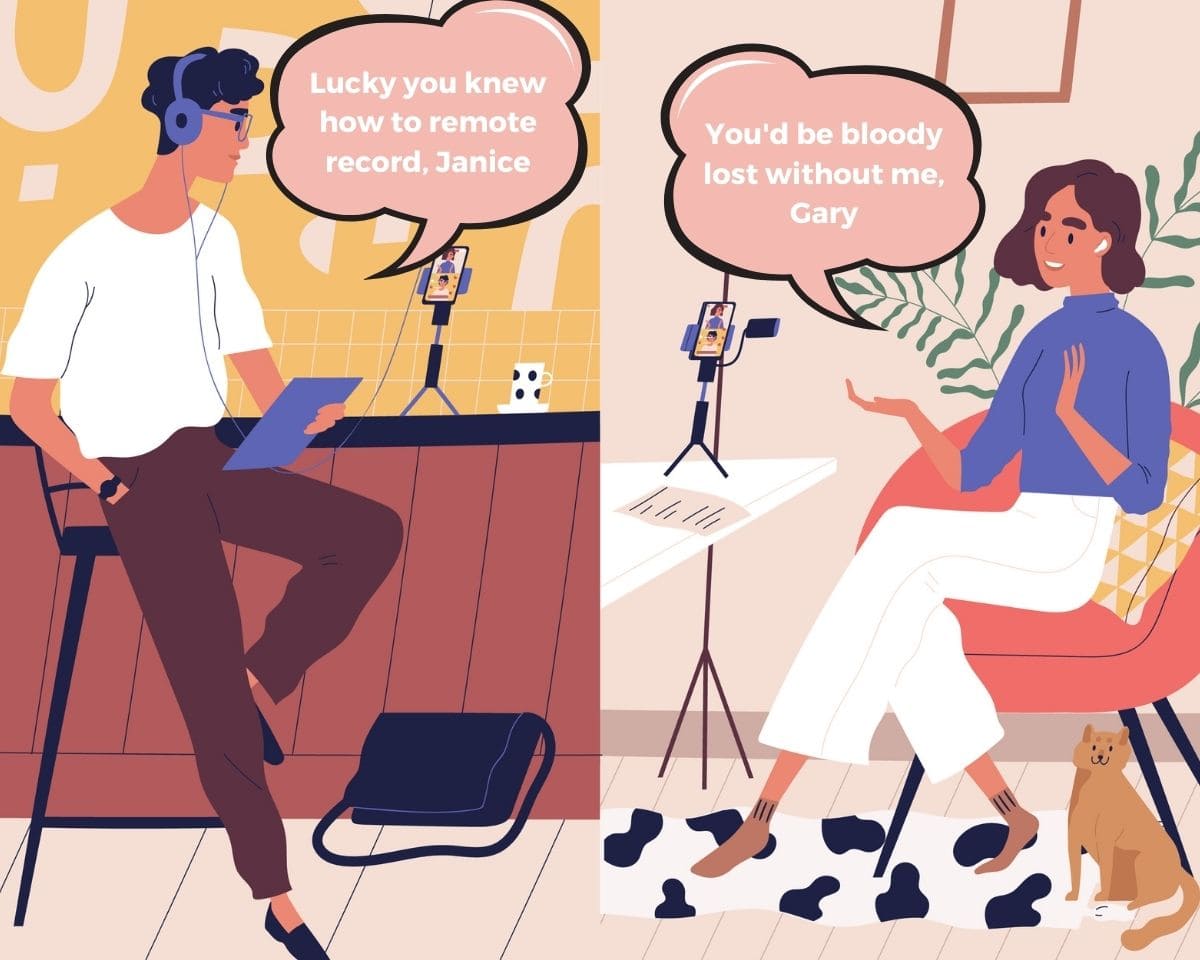Want to be a podcast guest on another show?
Getting featured as a guest on other podcasts is one of the best ways to grow your audience. Why? Because the easiest people to convert to listening to a new podcast are people listening to podcasts already.
So how do you pitch yourself as a podcast guest in a way that makes someone think: “I want this person on my show!” and not “I want this person to go away!”
Listen to the podcast you’re pitching to
This is the most important part of any podcast pitch because if you’re going to send someone an email with a compelling idea that fits perfectly into their show you have to know what their show is about.
This isn’t something you can do in five minutes because you need to understand their audience and their content so you’ve got to listen to a few episodes at least.
If you have a clear understanding of what content works for them you’re much more likely to come up with a pitch that will make sense for their show. And if you get that right, it’s a no-brainer for a host to say yes.
The content beast is hungry and someone turning up in their inbox with an idea that feels tailor-made for their audience is one less episode they’ll need to think about.
Make your pitch compelling and short
When you’re writing your pitch you want the reader to feel like your personality is jumping off the page. So don’t make the mistake of sending a boring press release or something that reads like a formal essay.
If you’re pitching yourself as an interview guest you want to come across as someone who’d be great to have a conversation with so make sure you’re using language that’s conversational and engaging.
And keep it short because no one has time to read a nine-page email.
By the end of the opening paragraph the reader should be super clear on your idea, the value you’re going to bring and why your pitch is perfect for their show.
Pitch your idea in the first email
Don’t make the mistake of being one of those people whose first email says “Hey, I’ve got a really great idea for you. Let me know if you want to hear it!”
You might think that’s polite but actually, you’ve just asked someone you’re trying to woo, to chase up an idea they didn’t even ask for.
If you’ve listened to their show and thought a lot about how you can provide value you want to pack that punch in your first email.
Send a follow-up email … but not too many
If you don’t hear back it’s fine to send a follow-up email but just watch you don’t slip into the vortex of chasing them up for the rest of time.
Sending one or two emails to make sure the first one didn’t get lost in their inbox is ok but after that, you’re getting into dangerous territory.
Remember, this person didn’t ask for your submission and it’s entirely up to them if they want you on their show or not.
Of course, it’s polite to send a reply but some people don’t feel comfortable saying no.
So, if you send a follow-up but don’t hear back just assume it’s a no and they’re not sure how to tell you.
You want to feature on shows where people are super keen to have you anyway, so just fire up the next killer pitch and approach someone else.
Make sure you’re pitching yourself to the right shows
Don’t just pick the biggest shows because you want to get in front of many people as possible because that’s not always the most effective strategy.
Smaller podcasts with a really engaged audience of dedicated fans are a great place to spruik your show, so don’t discount the little guys.
To feature on the bigger shows you’ll often need an existing profile or a really compelling pitch because there’s a lot more competition.
Smaller podcasters are often a much easier sell and they’re more open to having people in a similar position on their show.
You also might be able to return the favour by featuring them as a guest on your show which would be great for your audience and great for you too coz who doesn’t want to make a new podcasting pal?!
Want to start your own podcast but need a little help? Download my “How To Start A Podcast” guide or sign up for my online podcasting course, PodSchool.














One Response
This is great advice and shows just how important it is to find great guests.